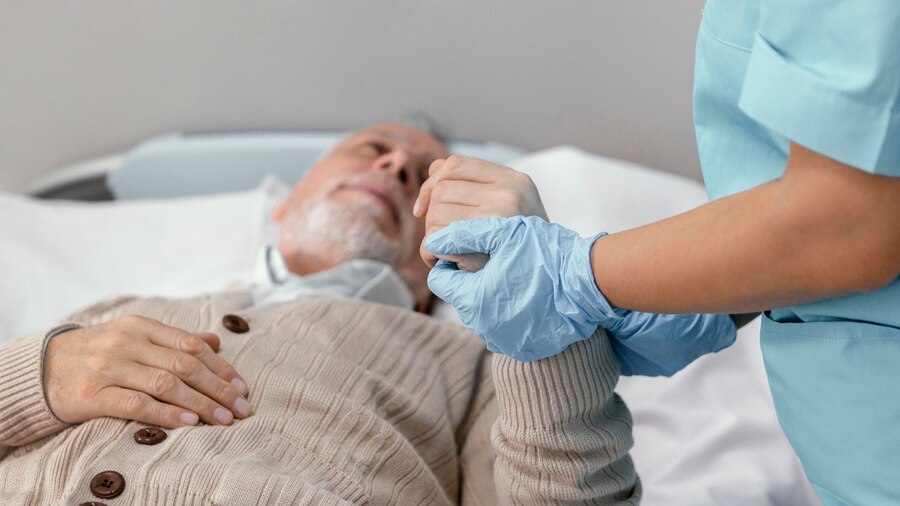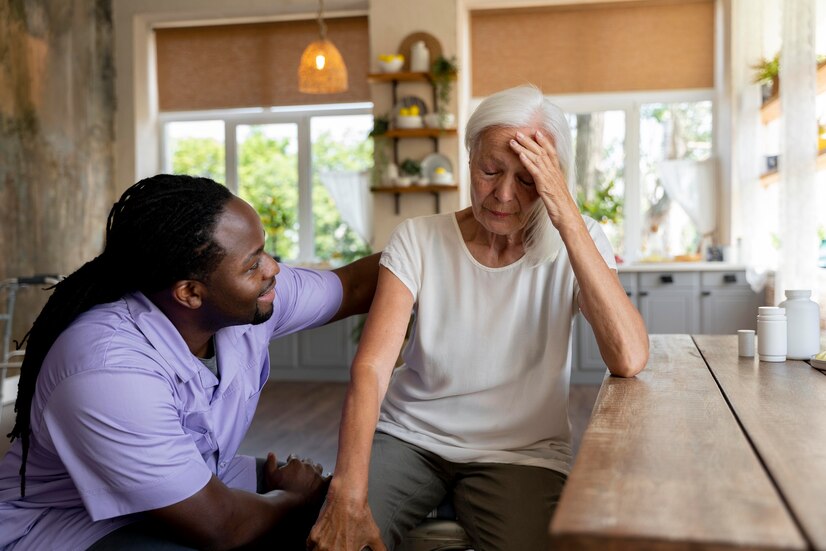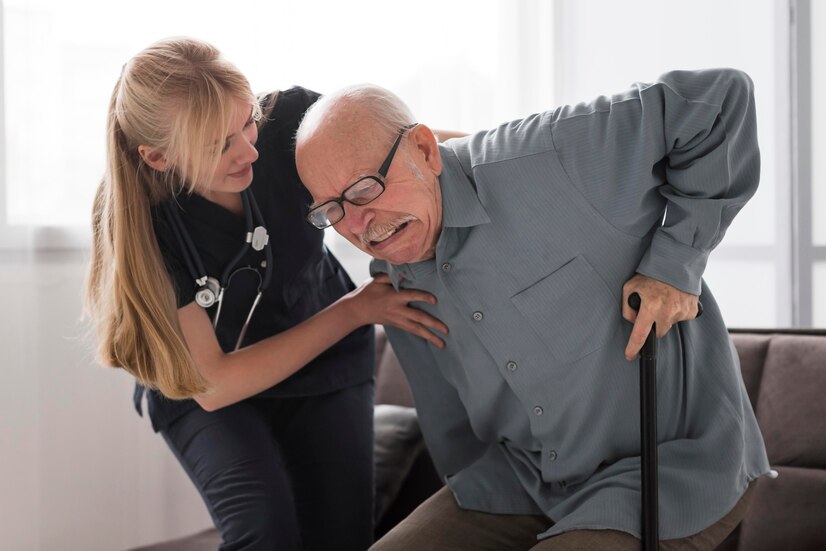Table of contents
Stroke is a leading cause of long-term disability and one of the most life-altering medical events a person can experience. Recovery from a stroke often involves a complex combination of physical therapy, medication, and time. In recent years, however, researchers have turned their attention to natural compounds like cannabidiol (CBD) as a possible aid in the stroke recovery process.
The conversation around CBD and stroke recovery is gaining momentum, driven by both scientific inquiry and anecdotal evidence. This blog explores the existing research, potential benefits, and how CBD might support those on the path to regaining their health after a stroke.
Understanding Stroke and Its Aftereffects

A stroke occurs when the brain’s blood supply is interrupted, either due to a blockage (ischemic stroke) or bleeding (hemorrhagic stroke). This sudden disruption deprives brain cells of oxygen, leading to cell damage or death. As a result, stroke survivors may experience:
- Paralysis or weakness, often on one side of the body
- Difficulty with speech and language
- Cognitive challenges
- Depression and anxiety
- Chronic pain or spasticity
Because stroke affects the brain, recovery involves retraining the brain’s neural networks—a process that can be long and difficult. This is where CBD and stroke recovery research becomes particularly interesting.
The Science Behind CBD and Stroke Recovery

CBD is a non-psychoactive cannabinoid derived from the hemp plant. It interacts with the endocannabinoid system (ECS), which plays a role in regulating homeostasis, including mood, inflammation, and neuroprotection. Here are some of the key areas where researchers believe CBD could aid stroke recovery:
1. Neuroprotection
One of CBD’s most promising benefits is its neuroprotective properties. Preclinical studies suggest that CBD can reduce brain cell damage after a stroke by minimizing inflammation and oxidative stress. By limiting secondary injury to the brain, CBD may help preserve more neurological function.
2. Anti-Inflammatory and Antioxidant Effects
CBD is both an anti-inflammatory and an antioxidant, two important qualities in stroke recovery. Inflammation and oxidative stress exacerbate brain damage post-stroke. CBD’s ability to reduce inflammation in the central nervous system may slow this damage and support healing.
3. Promotion of Neurogenesis
Some animal studies suggest that CBD may stimulate neurogenesis, or the creation of new brain cells. Though more research is needed, this potential makes CBD an exciting candidate for improving recovery outcomes, especially when combined with rehabilitative therapy.
4. Muscle Spasticity and Pain Relief
Many stroke survivors suffer from muscle tightness or spasticity. Early clinical evidence and anecdotal reports show that CBD may help relieve this discomfort and improve mobility, allowing patients to engage more fully in physical therapy.
5. Mood Regulation and Mental Health Support
Mental health is a critical part of recovery. Depression and anxiety are common in stroke survivors. CBD’s calming effects and its interaction with serotonin receptors may help reduce symptoms, making emotional healing part of the recovery journey.
Current Research on CBD and Stroke Recovery
While human studies are still limited, preclinical research on animals has shown promising results. Some of the most notable findings include:
- A 2010 study in “Neuropharmacology” demonstrated that CBD reduced infarct size (area of dead tissue) and improved neurological function in mice following an ischemic stroke.
- Another study from 2012 found that CBD could enhance blood flow to the brain and reduce inflammation after a stroke.
- More recent investigations are exploring how CBD may work in conjunction with physical therapy and other medications to accelerate recovery.
Though more human trials are needed, these findings are paving the way for new approaches in stroke rehabilitation.
How to Use CBD During Stroke Recovery
If you’re considering incorporating CBD into a stroke recovery plan, here are a few tips:
- Consult a healthcare provider familiar with CBD and stroke recovery.
- Start with a low dose and gradually increase based on tolerance and effect.
- Consider CBD oils, tinctures, or capsules for consistent delivery.
- Ensure you use high-quality, third-party-tested CBD products.
- Monitor interactions with other medications like blood thinners or antidepressants.
FAQs About CBD and Stroke Recovery
CBD cannot reverse damage already done, but it may help protect remaining brain tissue and support neurogenesis, potentially improving recovery outcomes.
Generally, yes—but always consult your doctor first. CBD may interact with other medications, especially blood thinners.
Timing depends on the patient’s condition and medical advice. Some benefits like inflammation reduction are most effective when started early, but use should always be supervised.
Some evidence suggests CBD may reduce muscle spasticity and improve comfort, which can support mobility. It should be used alongside physical therapy for best results.
CBD oil tinctures or capsules are ideal for consistent dosing. Topicals may be helpful for localized pain or muscle stiffness.
Final Thoughts
The connection between CBD and stroke recovery represents an exciting area of natural medicine. With its neuroprotective, anti-inflammatory, and mood-stabilizing properties, CBD may offer much-needed support to stroke survivors on their journey toward healing.
While CBD isn’t a replacement for traditional rehabilitation methods, it can serve as a complementary tool. As always, it’s essential to consult with a healthcare professional before introducing CBD into your recovery regimen.
As research continues to grow, CBD could become a valuable ally in improving the lives of stroke survivors and helping them reclaim mobility, mental clarity, and overall well-being.





